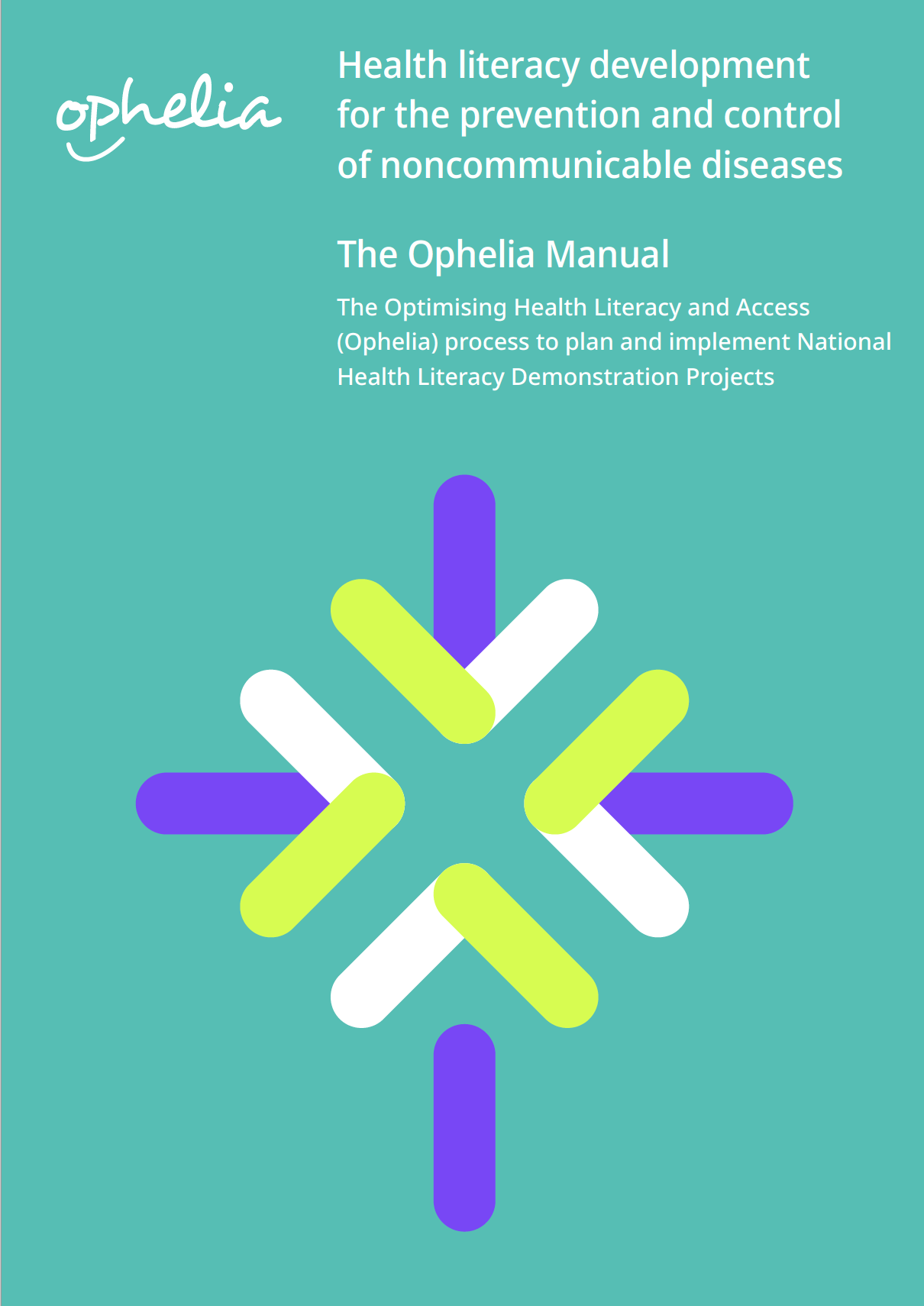Ophelia (Optimising Health Literacy and Access)
Welcome to the Health Literacy Development website. On this website you will find information about Ophelia and important scientific publications that describe health literacy development and ways to improve the quality of services your organisation provides to community members – especially for people with health literacy challenges.
Ophelia – Optimising Health Literacy and Access – is a process for improving health outcomes through authentic community consultation, meaningful engagement, and collaboration. Ophelia is the product of more than 20 years of research, evaluation, training, and practice. Each Ophelia project seeks to improve health and equity by increasing the availability and accessibility of health information and services in locally-appropriate ways.
The Ophelia process identifies community health literacy needs to inform the co-design and testing of potential solutions.
Ophelia uses a strengths-based, solution-oriented approach to health literacy measurement to provide clear information about the actions that need to be put in place to improve health outcomes and reduce health disparities. Therefore, the Health Literacy Questionnaire (HLQ) and/or the eHealth Literacy Questionnaire are the most often used questionnaires within the Ophelia process. These tools measure different aspects of health literacy, including digital health literacy, to uncover what people do really well and where people really need help.
Co-design is fundamental to the Ophelia process and operates through meaningful participation with a wide range of people, such as community members and leaders, and health service workers, managers and users. To enable health literacy development, health literacy actions are co-designed to ensure that they:
- respond to local needs
- are effective
- are implementable and sustainable.

